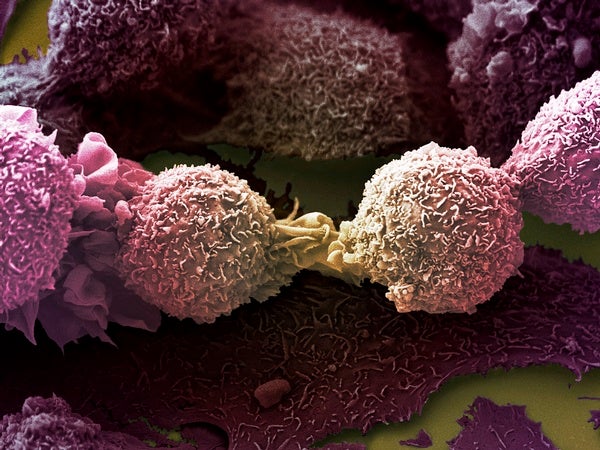 |
| April 27, 2022 |
 |
| |
| |
| |
| |
| |
| |
| |
| History Will War Ever End? As the war in Ukraine intensifies, rather than prepare for future wars, we should talk about ending war once and for all | | | | |
| |
| Computing Love Computers? Love History? Listen to This Podcast In the newest season of Lost Women of Science, we enter a world of secrecy, computers and nuclear weapons—and see how Klára Dán von Neumann was a part of all of it. |  | By Katie Hafner,The Lost Women of Science Initiative | 04:33 | | | |
FROM THE STORE
 | | | |
| |
FROM THE ARCHIVE
 | | | |
LATEST ISSUES
 |
| |
| Questions? Comments?  | |
| Download the Scientific American App |
| |
| |




